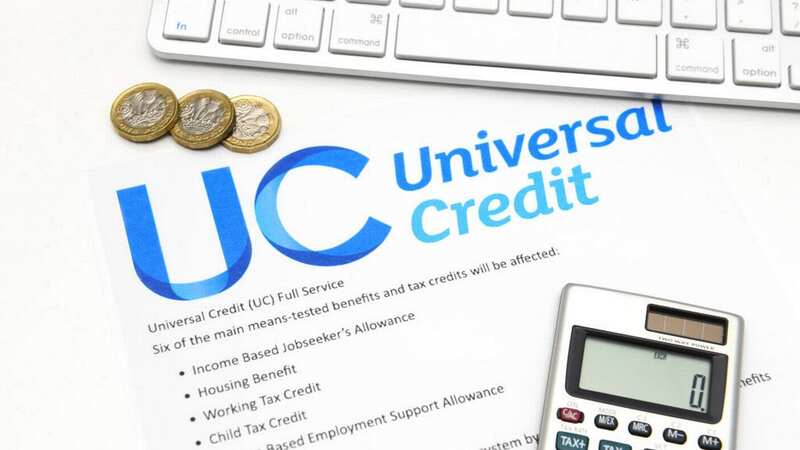Universal credit rollout to cost £900million more than estimated, watchdog says

The full rollout of Universal Credit will cost at least £900million more and take six years longer than previously estimated, according to the public spending watchdog.
New figures released by the National Audit Office today show the staggering increase is largely down to inflation and the delayed timetable.
Universal Credit, which replaces six "legacy" benefits including Child Tax Credits, was introduced by the Tories almost 14 years ago. The Government is still going through the process of transferring claimants.
In 2020 the Department for Work and Pensions (DWP) forecast it would cost £2.85billion to implement Universal Credit - an increase of £834million on 2018 estimates. This figure was hiked again in December 2023 to £2.92billion - a further increase of £78million.
Auditors also warn today that one in five households on the old Tax Credits system have had their payments stopped after not switching to Universal Credit. The claimants were invited to move to the new system by the end 2023 to continue receiving support.
 8 money changes coming in February including Universal Credit and passport fees
8 money changes coming in February including Universal Credit and passport fees
But the NAO report shows that of 150,000 cases closed by the DWP around 31,000 resulted in a person having their benefits terminated. The watchdog said the Department "does not fully understand why some people on legacy benefits do not claim UC".
Head of the NAO Gareth Davies said: “DWP is on track to move legacy benefit claimants to Universal Credit. But it needs to be sure people who have not switched to Universal Credit are receiving the benefits to which they are entitled.
“Work to evaluate the impact of Universal Credit on the labour market shows some positive impact. However, DWP cannot demonstrate it is achieving the scale of the benefits set out in the programme’s business case. The Department needs to continue to develop its assessment of the impact to provide assurance on value for money and secure the best results when Universal Credit is fully implemented."
A DWP spokesman said: “The vast majority of Tax Credit claimants have successfully moved to Universal Credit, accessing the vital safety net provided to millions as they build towards financial independence.
“As the NAO recognised, evidence shows Universal Credit is having a sustained positive impact on the jobs market, and people on Universal Credit are more likely to be in work six months after making a claim. There is also a range of support available to help people move, including extensions for those who need extra support.”
Read more similar news:
Comments:
comments powered by Disqus

































